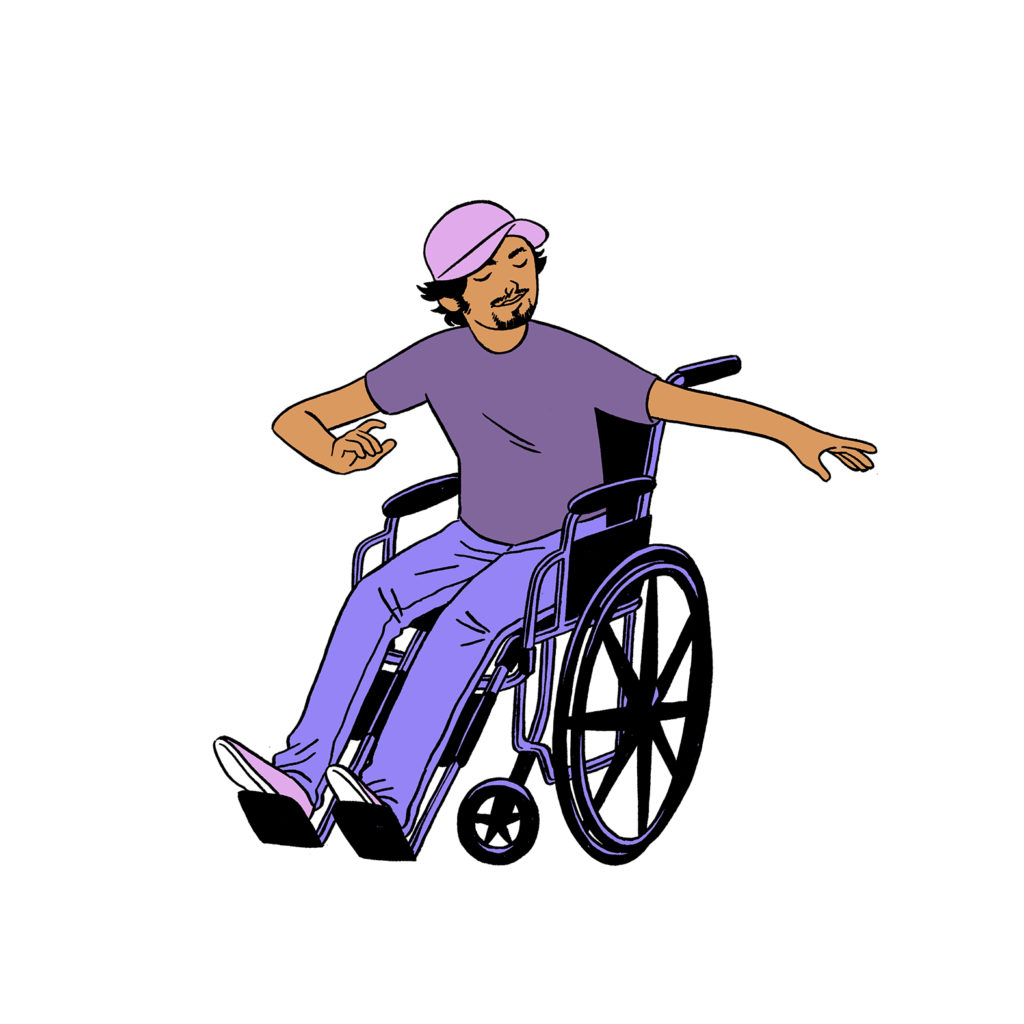City of Soylent versus City of Gold
Two experiences this week inspired this blog post. The first occurred when I passed a billboard for Soylent while driving through Hollywood. The billboard read, “Juice is sweet; Soylent is complete.” My initial thought was that consuming Soylent would just be depressing. Soylent is a “nutritionally complete, ready-to-drink, meal in a bottle” developed by engineers. …




![Condiments in Eating Disorder Recovery in Los Angeles, California [Image description: a photo of various common condiments]](https://www.eatingdisordertherapyla.com/wp-content/uploads/2016/02/Slide1.jpg)

![Starch- My Side of The Story- The Importance of Starch in Eating Disorder Recovery [Image description: drawing of a slice of bread with feet and a pirate hat and eye patch] Represents the misaligned food group](https://www.eatingdisordertherapyla.com/wp-content/uploads/2015/11/bread___n_butter_pirate_by_winter_artwork-d4qzhwq.jpg)
